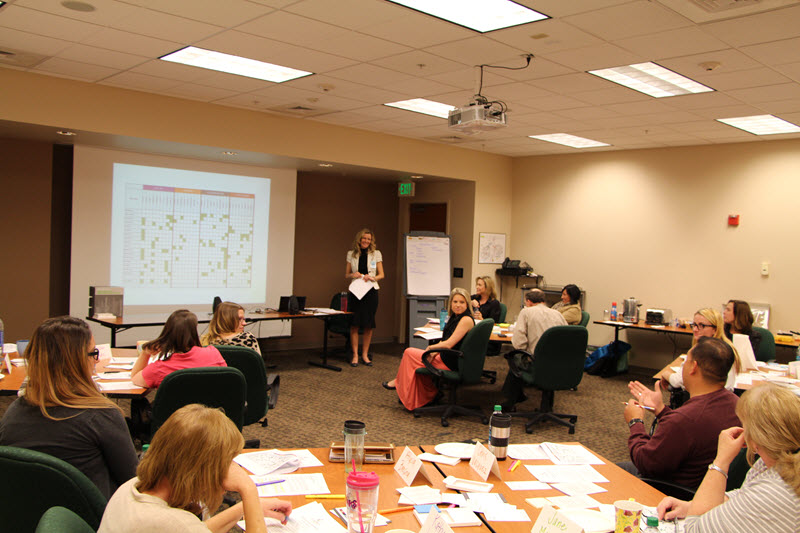Strengths-Based Coaching and Why it is superior to fixing Weaknesses (The Traditional Coaching Model)
Traditional or conventional development focuses primarily on fixing weaknesses. Unfortunately, that approach most often leaves individuals struggling on the path to mediocrity.
Maria Brinck is a Gallup Certified Strengths Coach. She uses her training in strengths coaching to optimize the natural talent we all have. She develops these talents into strengths. Great leaders are strengths-based leaders who know their strengths and how to use them. Self-awareness is crucial. It is also important that these leaders focus on their employees strengths. Organizations with leadership that focus on the strengths of their employees, increases the odds of people being engaged at work, up to six times. (Gallup)

What Is Strengths-Based Coaching?
The greatest potential for growth and success comes from helping people discover and develop their most dominant talents. The best coaching conversations focus predominantly on studying and developing areas of strength rather than weakness. In addition to improvements in employee engagement, there is also a strong correlation between strengths-based interventions and important business outcomes such as productivity, profitability, and retention.
1. A study of individual employee productivity found that productivity went up 7.8% following some kind of strengths education or intervention. (Gallup)
2. When considering team performance data, teams whose managers received some form of strengths education or intervention saw a 12.5% boost in productivity and an 8.9% increase in profitability. (Gallup)
3. Finally, employee turnover was significantly reduced among those employees receiving some strengths intervention. Their turnover was 14.9% lower than that of their peers who received no strengths treatment. (Gallup)
This research clearly validates the approach and psychology that are the core of strengths-based development.
To summarize, here are three key truths:
1. There is a stronger connection between who people are and what they do best.
2. There is a strong connection between what people do best and how people feel.
3. There is a strong connection between how people feel and how people perform.
Strengths-based development creates peaks of excellence in people – points where a person is exceptionally brilliant. As a result, effective strengths coaches resist the drift toward human mediocracy. They are convinced that human growth is not about filing down the peaks, but increasing the height and point of them.
It is at the peaks of our personality that we are likely to have our greatest potential. Strengths coaching is about helping people build a greater awareness of and an appreciation for the unique extremes of their personality. In addition to increasing a person’s self-awareness, Maria invites further experimentation with these peaks, seeking ways to expand the individual’s positive impact on all areas of his and her life.
©Gallup
